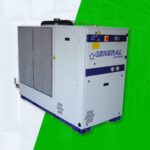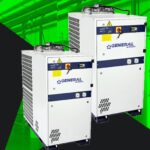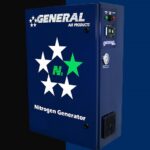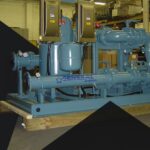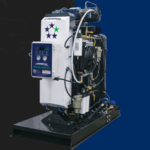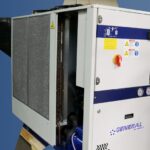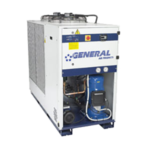The 3rd Annual Ray Fremont Sr. Memorial Golf Tournament brought together friends, industry partners, and golf fans for a day out on the green to raise money for three organizations important to Ray Sr. and his family. In late September, the rain held out long enough for all our competitors to get their full 18… Read more …

